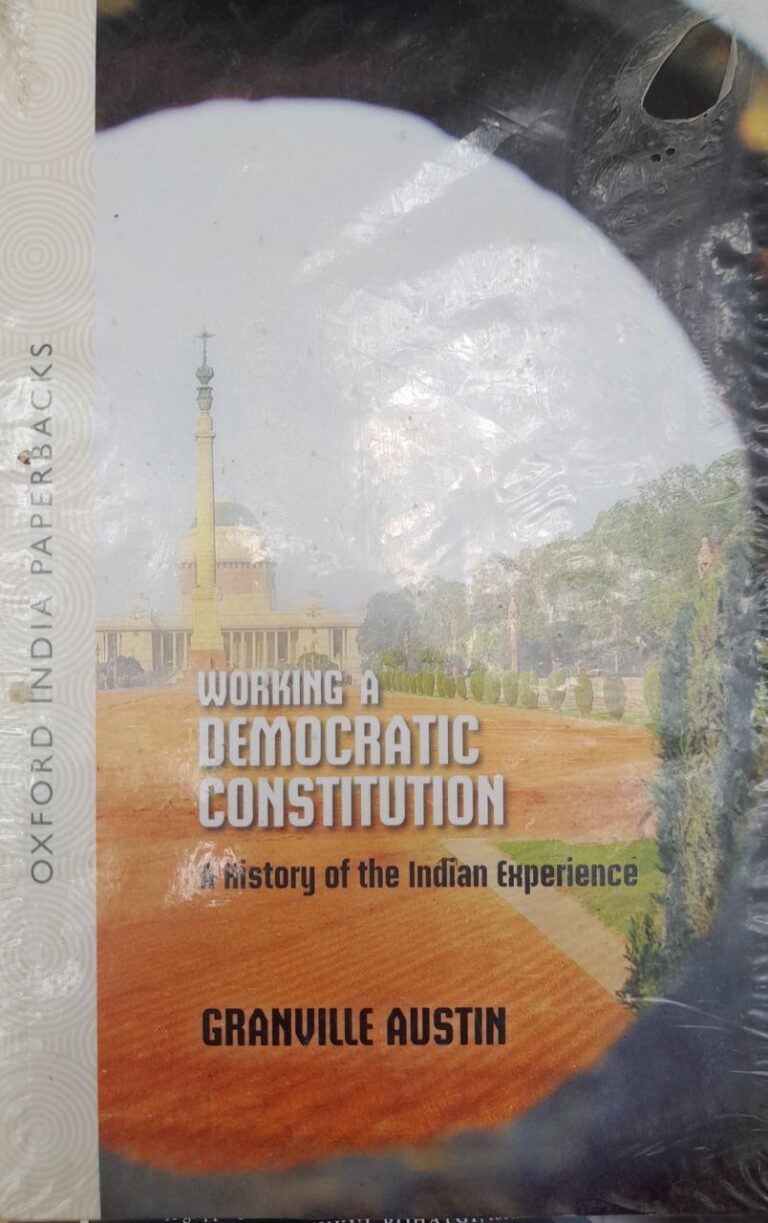
He realises that the ‘formal’ approach of getting hands-on archival documents was not going to work and begins to leverage his contacts in Delhi. Arriving at Delhi in 1960 and embarking on his research, Austin quickly hits roadblocks in accessing crucial archival materials.


Even though studies on newly independent colonial states were blooming everywhere, apart from Ivor Jennings and Charles Henry Alexandrowicz, no one else had really investigated or even showed interest in the origins of the Indian Constitution.

Vikram tells us that Austin was primarily nudged into undertaking a study of the Indian Constitution by his professor at Oxford. Keeping aside the biographical details which happen to be the meat of his talk, Vikram’s presentation contained some important points that are worth highlighting. Vikram, with the aid of rare archival pictures and documents, traced the trajectory of Austin’s life from the moment of his arrival in India to research the Indian Constitution, to his death last year. The talk was able to successfully juxtapose the making of the Indian Constitution with details of Austin’s incredible life. On the 31 st July 2015, Vikram Raghavan – Senior Counsel – World Bank, in his talk titled – ‘ Granville Austin and the Making of India’s Constitution’ attempted to answer these questions in front of a diverse audience at the Centre for Law and Policy Research (CLPR), Bangalore. But who was Granville Austin anyway? How did he manage to jump the political and bureaucratic hurdles to access the archives? What did he do after he wrote his magnum opus? Why is it that Cornerstone even today has retained its authoritative status?

Everybody from students, scholar, lawyers and judges very rarely could speak about the history and making of the Indian Constitution without referring to Austin. The book quickly attained canonical status. Granville Austin’s The Indian Constitution: Cornerstone of a Nation would be, if not the first, one of the earliest attempts at documenting the years between 19 during which Indians would craft their own constitution.


 0 kommentar(er)
0 kommentar(er)
